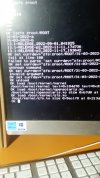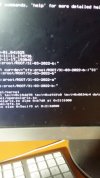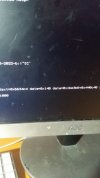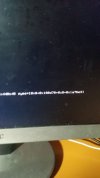- Thread Starter
- #51
Sorry,ok...
Code:
zfs mount zroot/ROOT/31-03-2022-b
nano /boot/loader.conf
loader_logo="daemon"
vmm_load="YES"
nmdm_load="YES"
if_tap_load="YES"
if_bridge_load="YES"
bridgestp_load="YES"
#fuse_enable="YES"
fusefs_load="YES"
tmpfs_load="YES"
verbose_loading="YES"
pptdevs="0/2/0 2/0/0 2/0/1 2/0/2 2/0/3"
#pptdevs="0/2/0"
kern.geom.label.disk_ident.enable="0"
kern.geom.label.gptid.enable="0"
cryptodev_load="YES"
#snd_hda_load="YES"
#snd_load="YES"
zfs_load="YES"
kern.racct.enable=1
#nvidia_load="YES"
aio_load="YES"
vboxdrv_load="YES"
#virtio_load="YES"
#virtio\_pci\_load="YES"
#virtio\_blk\_load="YES"
#if\_vtnet\_load="YES"
#virtio\_balloon\_load="YES"




